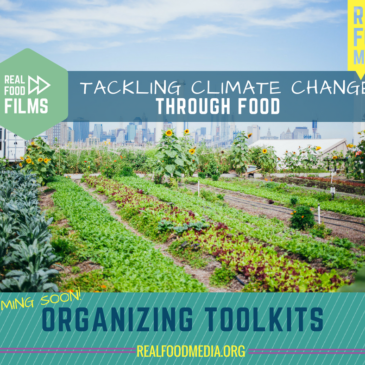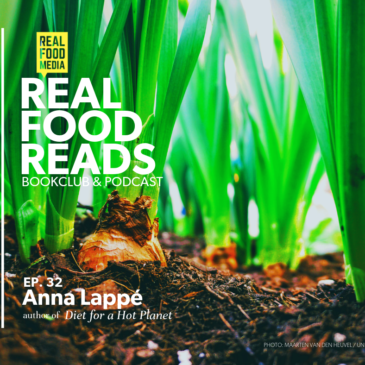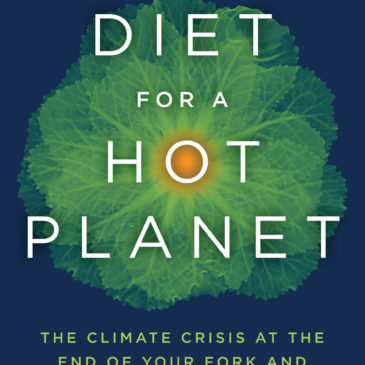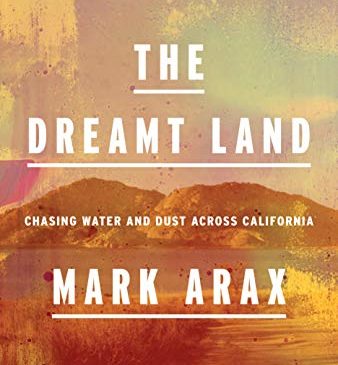The global food system—from how and where our food is produced to what we’re growing and how it arrives at our dinner table—is one of the biggest drivers of the climate crisis.
When you think about the main culprits of the climate emergency, do you picture plumes of smoke from coal-fired power plants and the board room machinations of Big Oil? You wouldn’t be alone. But alongside the fossil fuel industry, there is another sector driving the climate crisis: the food industry. The food system contributes up to one third of all greenhouse gas emissions.
An industrial food system reliant on synthetic fertilizers, fossil fuels, and petroleum-based chemicals is largely to blame. Industrial meat and dairy production alone are responsible for as much greenhouse gas emissions as all of the world’s transportation combined. The corporate quest for profits drives the expansion of this environmentally disastrous system into the world’s most carbon-rich ecosystems like peatlands and mangrove forests. And it displaces peasant communities and small-scale farmers who feed more people with real food using fewer resources than the industrial system.
Ironically, those who contribute least to the climate crisis are those who suffer disproportionately from its impacts. Low-income countries and communities are the most vulnerable to increasingly powerful storms and droughts, pollution-related health effects like respiratory illness, diseases caused by temperature shifts, crop loss and food insecurity, and conflicts intensified by a changing climate.
Unfortunately, many strategies to combat climate change fail to address to the root cause: a system that accumulates profits for a handful of corporations and individuals at the expense of the majority of the world’s people and environments. When it comes to food, many of the corporations that are among those most to blame for food and farming’s role in the climate crisis are now promoting “solutions”—like genetically-modified crops or what they’ve dubbed “climate smart agriculture”—which are based in the same resource-intensive, polluting practices of today’s industrial agriculture.
What’s needed are solutions led by the people most affected by climate-related harms, who are constantly developing innovative ways to adapt and build resilience. One such solution is agroecology, an approach that combines Western science with farmer, peasant, and indigenous knowledge to promote just, sustainable, and abundant community-based food systems.





